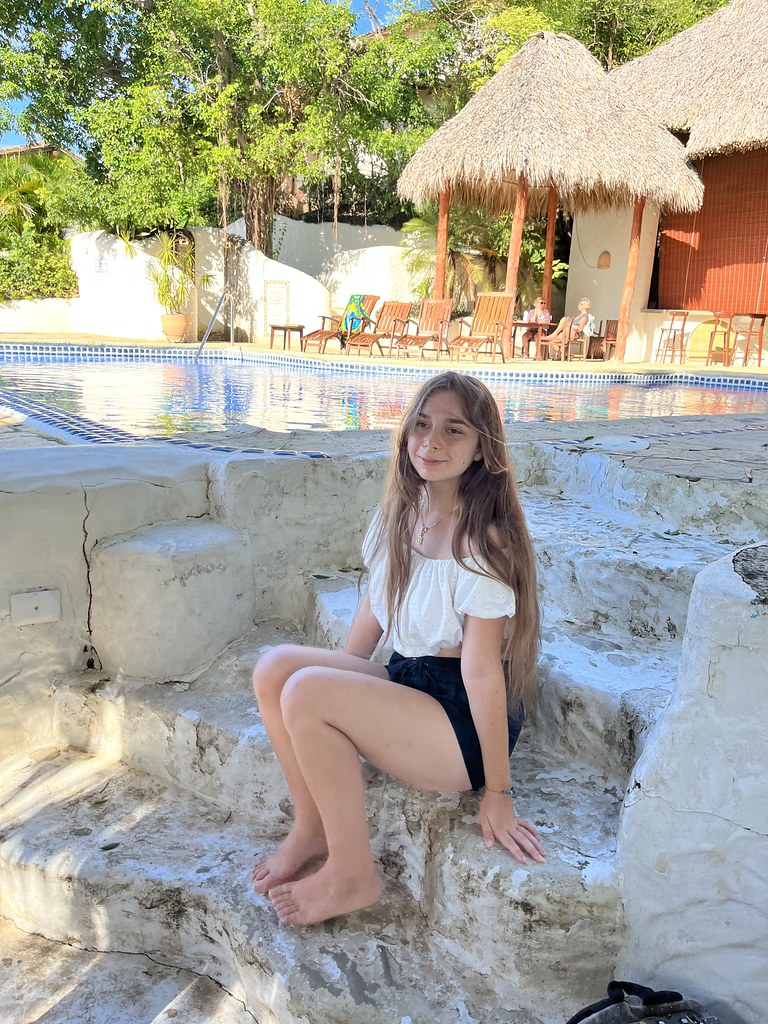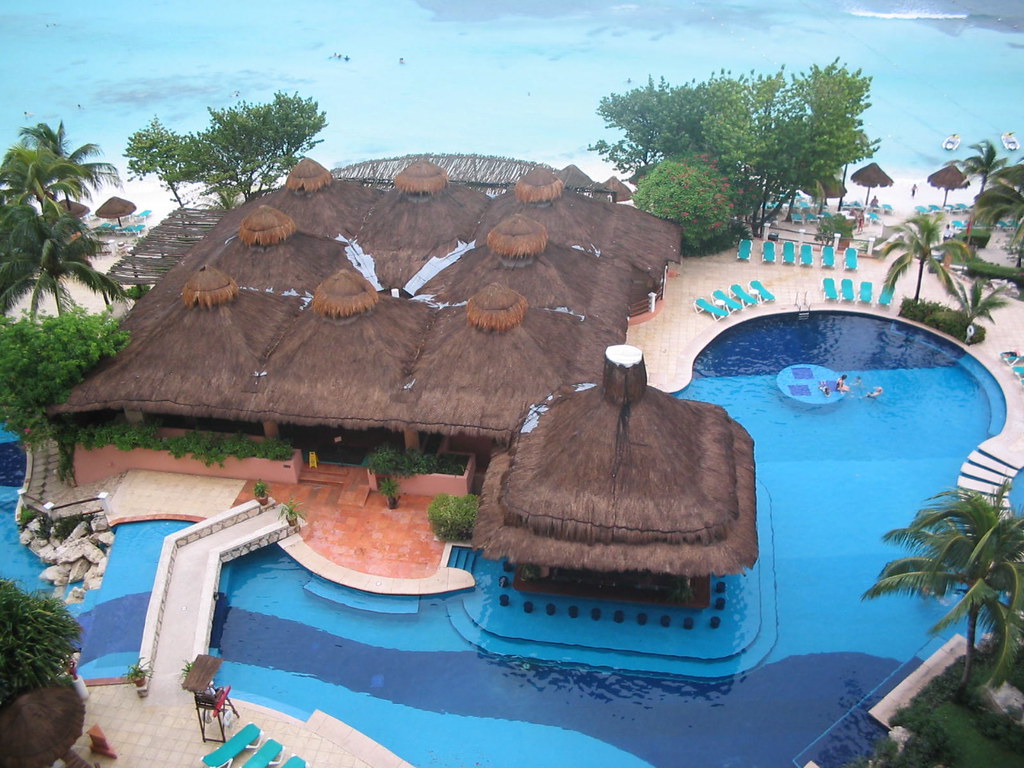A solo female traveler, bags packed, spirit ready for adventure, landing in the heart of Central America—Nicaragua. That was me, an American woman in my 30s, embarking on a 10-day journey that would leave an indelible mark on my traveler’s soul. I’m here to recount my experiences, the vibrant culture, the breathtaking landscapes, and the warmth of its people, all while addressing the elephant in the room—safety in Nicaragua.
Navigating Safety in the Country
My adventure began the moment I touched down in Managua, the bustling capital city. The airport experience was a breeze, despite a minor hiccup with my luggage being flagged—apparently, they mistook my stash of liquids for a drone! Entry into the country cost a mere $10, a small price to pay for the upcoming escapades. I had arranged a pickup through my Airbnb host, and my driver was already waiting for me. We connected beforehand via WhatsApp, which gave me a sense of security and ease.
The first stop was El Colonial supermarket, a familiar oasis where I stocked up on provisions for my rural retreat in Pochomil Viejo. The store’s resemblance to those back home was comforting, yet I was already eager to taste the local flavors and immerse myself in the Nicaraguan way of life.
As I ventured into the countryside, the question of safety naturally lingered in my mind. Is Nicaragua safe for travel, especially for a woman journeying alone? The answer isn’t black and white, but rather shades of informed caution and common sense. Nicaragua, with its rumbling volcanoes and untouched beaches, is a land that demands respect and awareness.
The country’s reputation for safety is a topic of much debate. While no place is devoid of risk, Nicaragua stands as one of the safer Central American countries to visit. It’s not the utopian safety of Japan or Switzerland, but it’s also not the war-torn image often painted by sensationalist media. The U.S. Department of State advises increased caution due to crime, and the UK Foreign Office acknowledges areas of lower risk, but these advisories tend to err on the side of caution.
The reality is that Nicaraguan culture is inviting and sincere. Hospitality here is not just a polite gesture; it’s a way of life. Yes, there are areas where vigilance is key—like in any big city at night or isolated regions—but that’s a universal travel truth, not unique to Nicaragua.
While Nicaragua requires certain security measures, particularly for solo female travelers, it should not deter those with a genuine desire to explore its wonders. The country is not at war, nor is it overrun by drug cartels. The best insights often come from fellow travelers who have tread the paths before you, offering a clearer picture of the true Nicaraguan experience.
For those considering a trip to Nicaragua or other Central American destinations, it’s worth reading up on safety in Guatemala and the best countries to visit in the region. But let’s focus on Nicaragua for now and dive into some practical tips to ensure a safe and memorable journey.

Navigating Nicaragua: Practical Safety Tips and Cultural Encounters
Embarking on a solo journey as a female traveler in Nicaragua, or any foreign land, calls for a blend of excitement and prudence. The key to a fulfilling trip lies in embracing the culture while keeping safety at the forefront of your mind. Here’s a treasure trove of practical tips and cultural insights that will arm you with knowledge and confidence as you navigate through Nicaragua’s vibrant landscapes and communities.
General Safety Tips for Tourists in Nicaragua
When in Nicaragua, the art of blending in is your ally. Dress modestly to respect local customs and to avoid drawing unnecessary attention. Think comfortable, breathable clothing that allows you to move freely and explore without standing out as a tourist. Keep your belongings secure and close to your body, especially in crowded places. A backpack with hidden compartments or locks can be a lifesaver, deterring opportunistic thieves.
Handling money with discretion is another crucial tip. Carry smaller bills and avoid displaying large amounts of cash in public. It’s wise to distribute your funds across different pockets or hidden pouches, ensuring that if you do encounter a pickpocket, they won’t walk away with all your resources.
Situational awareness is your best defense. Keep an eye on your surroundings, and be cautious when using electronic devices in public. Scammers and thieves often target distracted tourists, so staying alert can help you avoid becoming an easy mark.
Common Scams and How to Avoid Them
Nicaragua, like any tourist destination, has its share of scammers looking to take advantage of unwary travelers. Be wary of street vendors who may try to shortchange you or pressure you into buying something you don’t want. Always count your change and familiarize yourself with the local currency to avoid being duped.
Taxi scams are also common, with drivers taking longer routes to increase the fare. Before getting into a taxi, make sure the meter is running or agree on a fixed price. Using a local SIM card with data can help you navigate and ensure you’re taking the most direct route to your destination.
When renting equipment like bikes or surfboards, document the item’s condition before use. This can prevent false damage claims and ensure you’re not held responsible for pre-existing wear and tear.
While most Nicaraguans are genuinely friendly and helpful, be cautious of overly eager locals who may have ulterior motives. Trust your instincts—if someone’s behavior seems off, it’s okay to politely decline their assistance.

Health Concerns and Precautions
Traveling to tropical countries comes with its own set of health considerations. Mosquito-borne illnesses such as Zika and dengue fever are present in Nicaragua, so carrying insect repellent with DEET or picaridin is essential. Be aware of the location of healthcare facilities, especially if you’re venturing into rural areas where medical resources may be limited.
Staying hydrated is crucial in the Nicaraguan heat, but stick to bottled or purified water, as tap water is not safe to drink. And, of course, never travel without comprehensive travel insurance—it’s your safety net in case of unexpected health issues or accidents.
Emergency Contact Information
Knowing how to reach local authorities in an emergency is vital. Keep these numbers handy:
– Police assistance: 118
– Ambulance services: 128
If you need support from your home country, be sure to have the contact information for your embassy or consulate in Managua. They can provide assistance in various situations, from lost passports to legal troubles.
Volunteering and Cultural Immersion
One of the most enriching ways to experience Nicaragua safely is through volunteering or work exchange programs. Platforms like Worldpackers offer opportunities to engage with local communities, learn new skills, and connect with fellow travelers. Whether you’re teaching English, helping with eco-projects, or working in a hostel, these experiences allow for a deeper understanding of Nicaraguan culture and provide a support network during your travels.
Volunteering also gives you the chance to try authentic Nicaraguan cuisine and participate in daily life, creating a more meaningful and memorable trip. Plus, it’s a fantastic way to practice Spanish and make a positive impact on the places you visit.
Nicaragua is a country of contrasts, where caution and curiosity must walk hand in hand. By following these practical tips and embracing the local culture, you can navigate your Nicaraguan adventure with confidence. Stay informed, stay safe, and let the vibrant spirit of this Central American gem captivate you. With preparation and an open heart, Nicaragua will not just be a destination on your map, but a cherished memory in your travel anthology.
Related posts:
Is it Safe to Travel to Nicaragua? A Solo Female Traveler’s Opinion
Solo Female Travel In Nicaragua: Everything You Need To Know • In Locamotion
2 Weeks in Nicaragua





